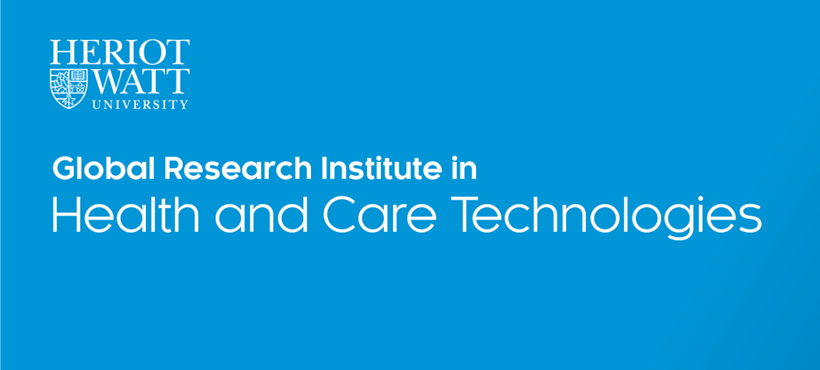
Ethical issues in technology and ageing
Andrew Sixsmith (Simon Fraser University, Vancouver)
AgeTech is about using technologies, such as e-health, robotics, artificial intelligence, and mobile devices to support the health and independence of older people. While AgeTech has many benefits, it also brings ethical challenges, and could be seen as a double-edged sword. Technology could lead to efficient and cost-effective services, but it can also be disruptive to people’s lives. In-home health monitoring systems raise concerns about privacy. Unequal access and use of technology—the digital divide—may increasingly impact on a person’s health. These kinds of ethical issues are often overlooked by technology researchers and developers. This presentation discusses ICE-TEA: International Consortium on Ethics in Technology and Aging, a Catalyst Project funded (2023-2024) by the AGE-WELL Network of Centres of Excellence, Canada’s aging and technology network (www.agewell-nce.ca). The aim of the project was to put in place the foundations for future initiatives on ethics in the AgeTech sector, and to ensure ethical thinking is part of the research, design and development of technology from start to finish.
In-person: Earl Mountbatten Building (EM244), Heriot-Watt University, Edinburgh; Online: to join online, click ‘More info’.
The seminar is being hosted by wattAGE, the healthy ageing research theme within Heriot-Watt University’s Global Research Institute in Health and Care Technologies.

